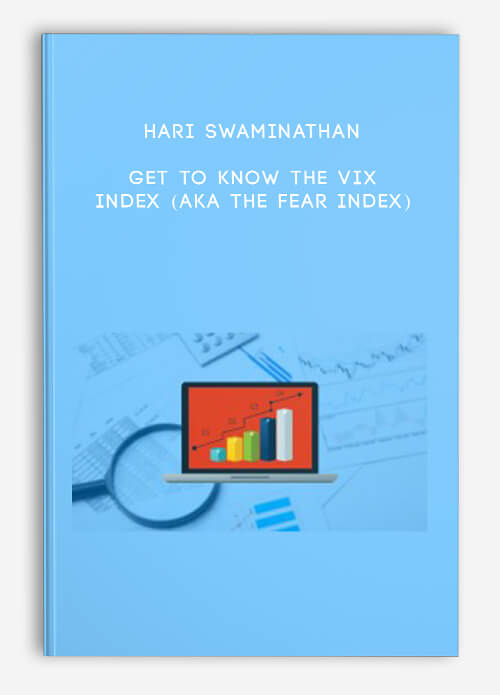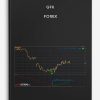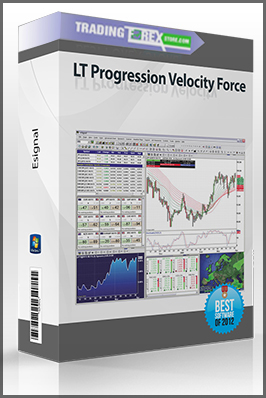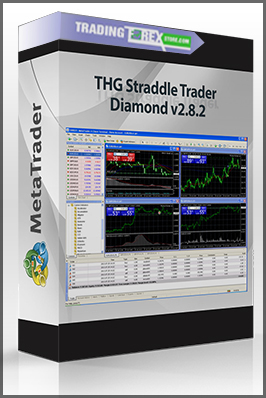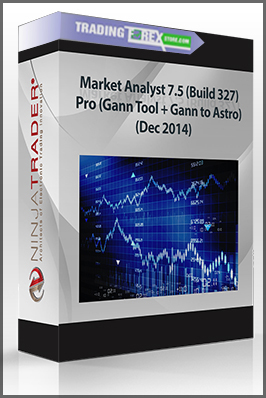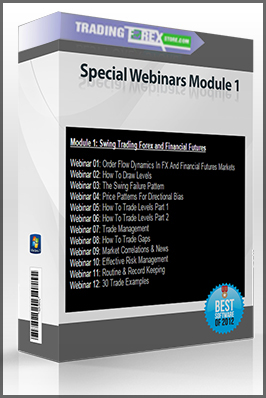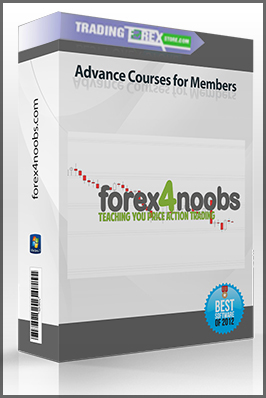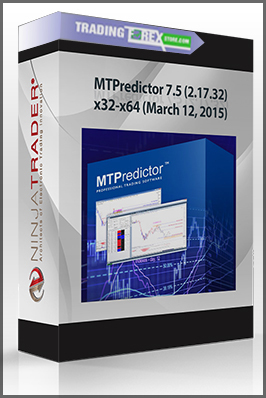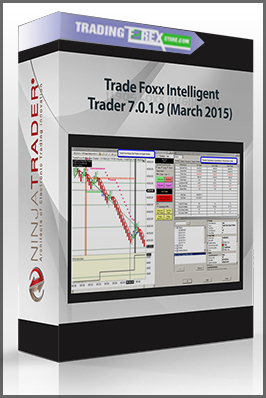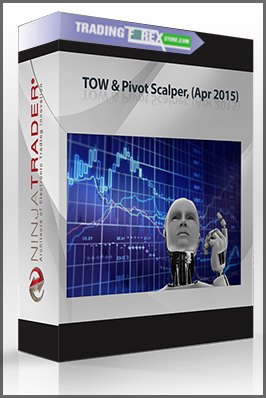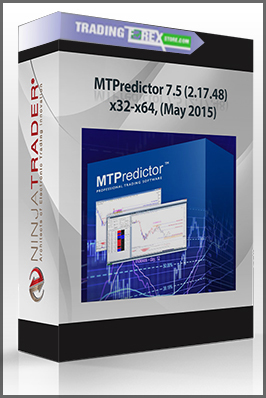Get to know the VIX Index (aka The Fear Index) by Hari Swaminathan
$32.00
Product Include:
File size:
- Description
Description
Get to know the VIX Index (aka The Fear Index) by Hari Swaminathan
**More information:
Get Get to know the VIX Index (aka The Fear Index) by Hari Swaminathan at bestoftrader.com
Description
THE VIX (“FEAR”) VOLATILITY INDEX
The VIX is one of the most watched indicators in the markets, even by professionals. We take a look at what this index is, Understanding VIX method of computation, and how this Index is interpreted on a day-to-day basis in practical terms. We look at overall market correlations with the VIX since the index was created in the 1990’s. The VIX may be called a Volatility Index, but it acts more like a Fear index in the markets. The key lies in understanding the relationship of the VIX index to the S&P 500 Options.
A high or low levels of VIX impacts all S&P 500 Options as well as individual stocks. This course looks at the example of the financial crisis of 2008 in detail when the VIX levels spiked to unprecedented levels, and the impact it had on Options prices. Every Options trader must watch the VIX index.
There are several other Volatility indexes that track Volatility in the markets, and we cover the important ones. It’s hard to be a good investor if you don’t follow the VIX. Get the complete skinny here, this course is all action!!
What you will master
Why is the VIX called a Fear Index and why is it feared
Why is it the most watched index in the market
How is this calculated
VIX values and the S&P (non)correlations in the early 1990’s
VIX values and strong correlations in the late 1990’s and since
What does a high value of VIX do to Option prices
Flashback – lets got to 2008 and see what high VIX levels can do
What is the relationship of the VIX to the VIX Futures
Why is the Options on the VIX not a good trading vehicle
Who is the target audience?
All stock and Options traders
A must for any Options trader that trades major indices, ETFs and major stocks
Stock trading course: Learn about Stock trading
A stock trader or equity trader or share trader is a person or company involved in trading equity securities.
Stock traders may be an agent, hedger, arbitrageur, speculator, stockbroker.
Such equity trading in large publicly traded companies may be through a stock exchange.
Stock shares in smaller public companies may be bought and sold in over-the-counter (OTC) markets.
Stock traders can trade on their own account, called proprietary trading, or through an agent authorized to buy and sell on the owner’s behalf.
Trading through an agent is usually through a stockbroker. Agents are paid a commission for performing the trade.
Major stock exchanges have market makers who help limit price variation (volatility) by buying and selling a particular company’s shares on their own behalf and also on behalf of other clients.

